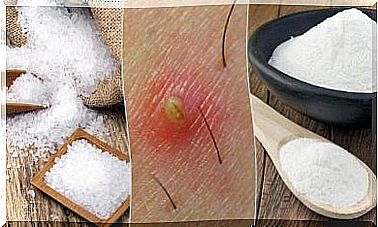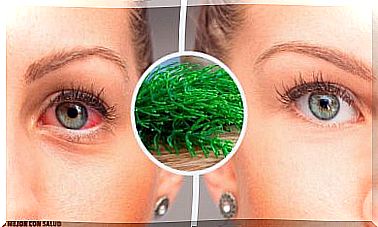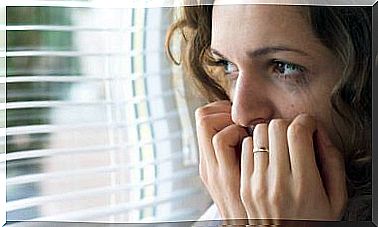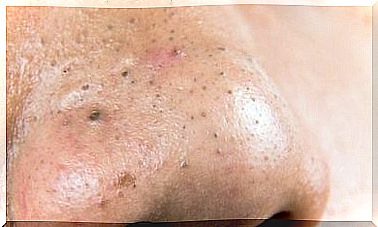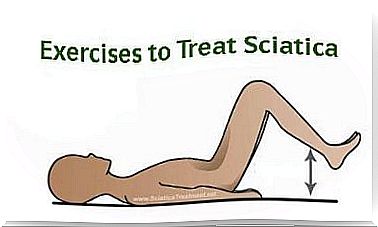Concussion: Symptoms, Diagnosis And Treatment
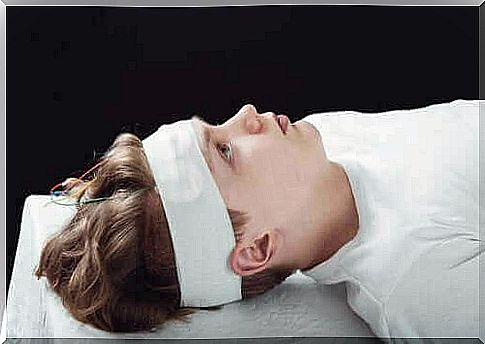
Accidents are common in children as they tend to constantly run, jump, play and climb. One of those accidents is a concussion. A concussion is caused by a blow to the head which causes the brain to strike against the skull. In this article, we will take a closer look at concussions, the symptoms and how they are treated.
The symptoms of a concussion
The symptoms of a concussion can be discrete and may not manifest at all until 24 or 48 hours after the accident. Unfortunately, it is often difficult to recognize the symptoms in infants and young children because they cannot describe exactly how they feel.
Some signs that may indicate signs of shock are the following:
- Problems with balance and coordination. Unstable gait or difficulty performing simple tasks such as playing with a ball.
- Confusion.
- Short-term memory problems.
- Lack of energy.
- Sadness and hypersensitivity.
- Anxiety and irritation for no apparent reason.
- Problems falling asleep.
- To sleep too much or too little.
- Lack of appetite.
- Excessive crying.
- Loss of interest in their favorite activities.
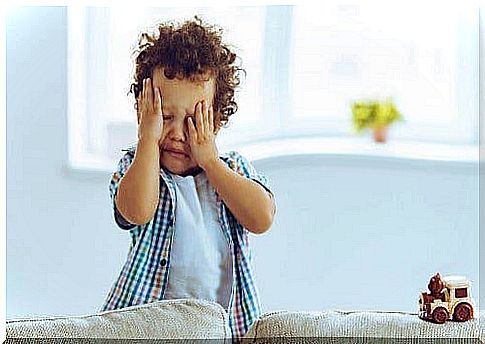
If your child has fallen and you suspect that they have had a concussion but there are no symptoms, then it may be a mild injury that does not require treatment or medical evaluation.
However, if you notice any of the symptoms mentioned a few hours later, take the child to the doctor or to the emergency room. They will be able to determine if treatment is needed, with a few simple tests to determine the cause of the discomfort.
Take your child to the emergency room immediately in the following cases:
- Persistent vomiting.
- Cramps.
- Clear dizziness or loss of balance.
- Violent headache.
- They lose consciousness and do not wake up.
- The child is confused and does not recognize you.
- They gossip and have difficulty speaking (in the case of children who already speak fluently).
- The child has visual disturbances: Large pupils, blurred vision and does not recognize objects.
- There is a hematoma or a large bulge on the baby’s head or swelling and a warm feeling (especially in babies).
Diagnosis of a concussion
It is very important to talk to a doctor if you have any questions because a concussion that is diagnosed in time and treated properly will not lead to future injury.
If you are not aware of your child’s symptoms and are unable to act immediately, then the shock can lead to brain damage. It can have negative consequences for their motor skills and cognitive and sensory development.
A doctor will perform a thorough evaluation of the child’s nervous system in order to diagnose this type of injury. They can test the child’s balance, coordination and reflexes.
Additionally, a proper diagnosis may require imaging technology such as a CT scan or MRI scan to be able to determine the degree of involvement of the brain and the adjacent structures.
Treatment
The treatment will depend on the severity of the injury and the special characteristics of the child. If the doctor does not plan hospitalization, they will most likely recommend care at home, such as:
- Rest and reduction of all physically strenuous activities for a certain period of time to avoid further trauma and prolongation of the recovery period.
- Avoid all types of cognitive activities. For example, the child will need to stay home from school or institution as long as they show symptoms so they do not get worse.
- Then gradually incorporate these daily activities.
- The child will need to drink certain amounts of fluids and avoid unhealthy foods.
Post-emotional syndrome
Most children recover completely after a concussion with proper treatment. However, they may be affected by post-emotional syndrome in some cases.
The primary characteristics of this syndrome are the manifestation of the symptoms of the injury when the expected recovery period is over. No one knows why the symptoms are prolonged in some people. In general, they are not directly related to how serious the injury is. So the case of it may have something to do with several recent concussions.


